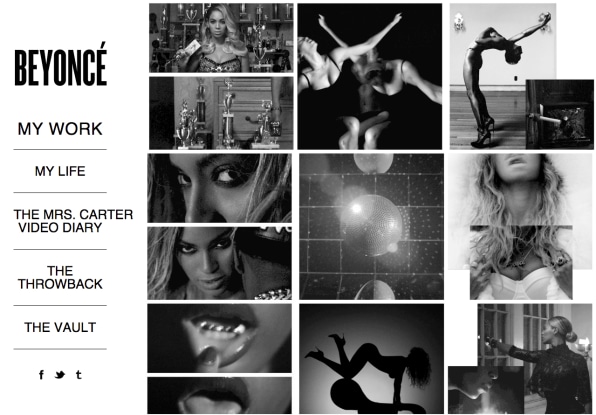Can a Graphic Designer Become a Web Developer
For web developer David DeSandro, the start of the new year seemed like a good time to leave his cushy job at Twitter. As a product designer there, he developed myriad apps to enhance the Twitter experience for its end users. But DeSandro thinks more web products need to be geared toward other developers, rather than end consumers. Web developers need better tools to design for the web more easily.

The market for these specialized front-end web development tools is hot. Famo.us, a San Francisco-based web design startup that creates visually rich web libraries for front-end web developers, raised $20 million in Series B funding last summer. And open-source development platforms, like Compass and Bootstrap, have thousands of users. All of these coding suites let front-end web developers use pre-written code to make their own design work easier.
DeSandro is adding his brand to the mix with his company Metafizzy. Started four years ago as a side project, Metafizzy is now DeSandro's main gig. Like Famo.us, Metafizzy is focusing on creating libraries that tweak the way visual content appears on websites. But unlike Famo.us, Metafizzy has been generating revenue for the last few years, from selling corporate licenses.
It helps that DeSandro is already something of a celebrity in coding circles. A few years ago, developers across the web started to use a library of his called Masonry. The code made images reorganize themselves vertically on a page, but not totally align with one another.
"2011 was the year for Masonry. There were lots of visual-heavy sites popping up, like artistic Tumblrs and visual-bookmarking apps, like Pinterest," DeSandro says.
A comment on a 2012 Co.Design article argued that DeSandro should get credit for the image-grid structure that defines Pinterest's look. And the earliest versions of Vox.com used Masonry, as did The Verge.
Masonry was so ubiquitous that you could just look at a website and recognize the design as a "DeSandro." A friend of DeSandro's recognized Masonry on the pop singer Beyoncé's Tumblr and tweeted it out to him.

DeSandro knows he can use his past success with Masonry to promote his new work, and using his name as his brand would be an advantage. But he wants the Metafizzy brand to flourish, to give his company credibility and shake the image that it's a side project. "On Twitter, I don't know whether to push my work through the Metafizzy name or as David DeSandro," he says.
Competition between free libraries and paid ones is tough. Famo.us, Bootstrap, and Compass are all free to users and easily accessible, thanks to GitHub's networks.
But companies do see value in paying for libraries especially if none of the free options compare. When Canvas, a New York digital design agency, designed the site for New York's High Line, it paid for a commercial license on a coding library. The company didn't want to redirect its engineering resources to developing a specialized text editor for the site. So it bought the license for an existing one and focused its team on meeting the client's more important requirements.
"Part of what we have to do is decide what battles we want to fight," says Michael Smith, CTO of Canvas. "Something we're realizing is engineering, especially across the business community, is not just a resource; it's something you have to invest in."
Eventually, Famo.us will capitalize on this growing demand, too. It told Re/Code it plans to eventually make money with corporate products and services.
As for his past life at Twitter, DeSandro says his departure from the company was amicable. "There are a ton of exciting things happening at Twitter now, but it was time for me to move on," he says.
Twitter's product design team has gone through several leadership changes in the past year, and it is trying out new features to enhance the user experience. But even as DeSandro takes a step away from designing for a general audience, he holds fast to one of the design lessons he learned at Twitter: "You need to be able to embrace the inexperience of your users, and be critical with this perspective," hey says.
Now, DeSandro is working on a library called Flickity that displays images as a carousel. And he's doing it in a way where other developers at any skill level can just pick them up and easily integrate it into their own work, giving it an edge over similar libraries.
"My libraries aren't going to change the world," says DeSandro. "But I hope they get used by the people who have a shot at it."
Can a Graphic Designer Become a Web Developer
Source: https://www.fastcompany.com/3041075/web-developer-you-are-now-a-design-brand
0 Response to "Can a Graphic Designer Become a Web Developer"
Post a Comment